Now our body is beginning to feel especially acutely the lack of vitamins and nutrients. 
Spinach 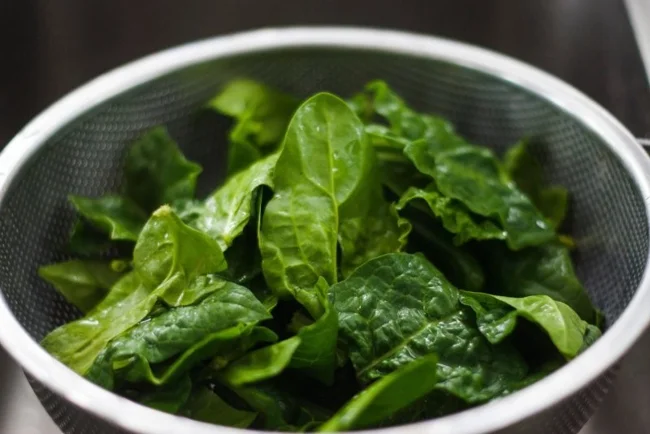
Such a rich composition of nutrients as spinach is quite rare. It contains a lot of protein, iodine, iron, fiber, calcium and magnesium, as well as vitamins A, C and E. At the same time, 100 g of spinach contains only 23 kcal. The leaves of this plant remove toxins, strengthen the immune system, and improve the functioning of the pancreas and intestines. Despite its bland taste, spinach is popular in cooking. It is added to soups, used as a side dish, a base for salads and a filling for pies. But spinach doesn’t last long—two to three days in the refrigerator. After cutting, the plant quickly loses its beneficial properties, so it is better to eat it immediately after purchase. When frozen, the shelf life of spinach increases to several months, and the amount of vitamins is preserved.
Salmon 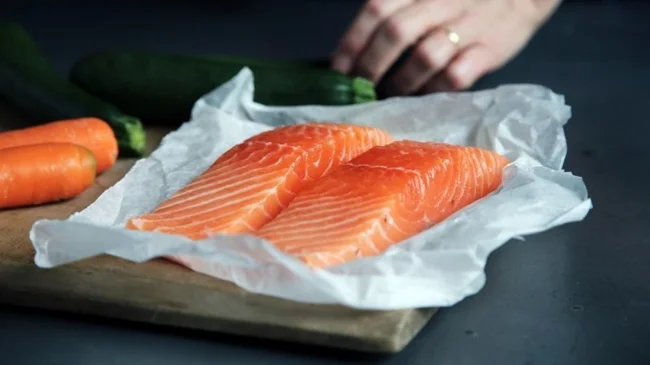
Salmon is one of the leaders in the amount of essential fatty acids omega-3 and omega-6. If you include these fats in your diet more often, you can increase your life expectancy. In addition, fish contains a lot of potassium, phosphorus, chromium, vitamins B, PP and D. Eating salmon improves the condition of the skin and hair, normalizes blood sugar levels, and reduces the risk of developing Alzheimer's disease. And thanks to the antioxidant astaxanthin, which is part of it, the aging process slows down. But you shouldn’t eat this fish all the time. Cultivated salmon sold in supermarkets is toxic, according to recent research.
Bananas 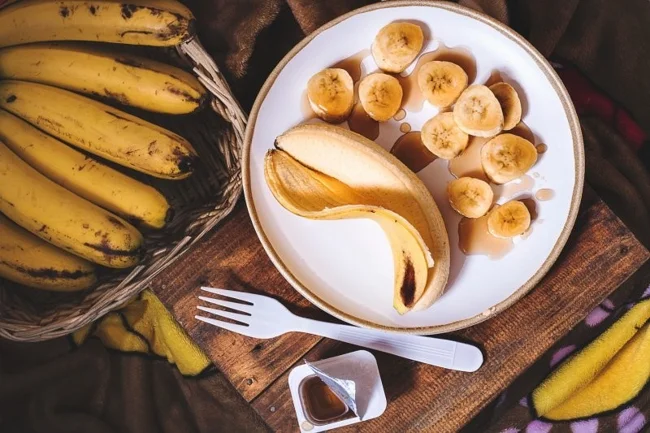
Bananas are well digestible, satisfy hunger for a long time and quickly restore energy reserves. Just two or three bananas replenish your daily requirement of potassium and magnesium. That is why they are good for the heart, brain and muscles. If you are used to eating sweets for stress, bananas can be an alternative. They calm the nervous system and normalize blood sugar levels. In addition, bananas contain tryptophan. This substance is broken down into serotonin, which lifts your mood and causes a feeling of happiness. Another advantage of the fruit is hypoallergenicity. Still, you shouldn’t abuse it because of its high sugar content.
bell pepper 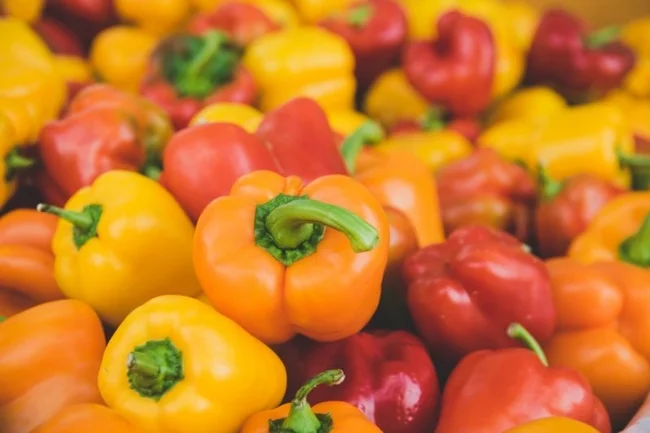
Sweet peppers are superior to lemons and oranges in the amount of vitamin C. Moreover, the most ascorbic acid is located near the stalk. Just one large pepper covers the daily requirement of rare vitamin P, which is necessary to protect the heart and blood vessels. If you include this vegetable in your daily menu, you can normalize blood pressure, improve intestinal function, and reduce the risk of cancer and stroke. For dermatitis and anemia, bell pepper is no less useful. However, this product is not suitable for everyone and may cause stomach irritation. When choosing peppers, pay attention to the skin of the fruit. The less damage there is, the better the vitamins are preserved. Red fruits are considered the sweetest and healthiest, although the concentration of anti-inflammatory substances is much higher in green peppers.
Nuts 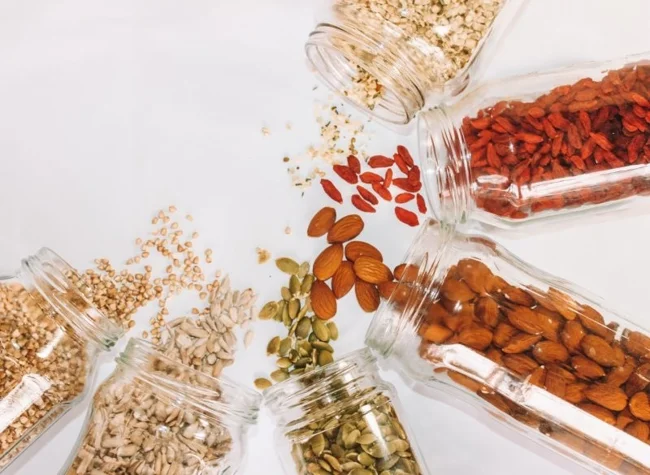
Nuts are a source of antioxidants, easily digestible protein and vitamins. They improve memory, reduce bad cholesterol and slow down brain aging. In addition, they contain almost all the substances necessary for healthy skin and hair. To feel positive changes, try eating 20-30 grams of nuts daily. The most affordable and popular member of the nut family, the walnut, is considered the most useful. It contains vitamins C, B1, B2, PP, carotene, fiber, iron and cobalt salts. If you often feel low or stressed, nuts can help you regain your energy. But you shouldn’t heat them: during heat treatment, many of the beneficial properties of nut grains are lost.
Natural yogurt 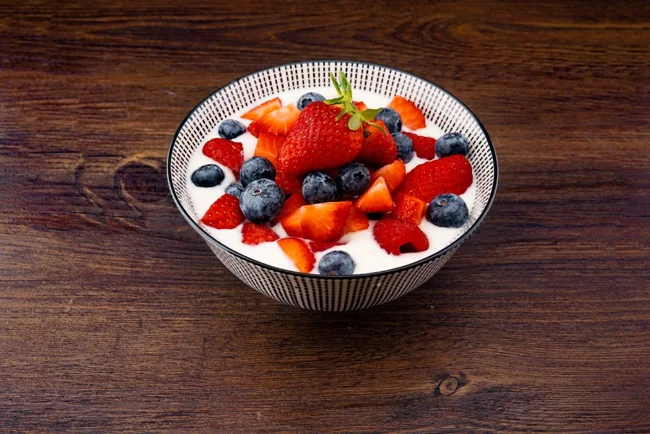
Natural yogurt is one of the record holders for probiotic content. A glass of fermented milk product drunk before bed will not only satisfy your hunger, but also normalize the functioning of the gastrointestinal tract. In addition, it is an additional source of calcium, which is necessary for healthy bones and teeth. When choosing yogurt, pay attention to the label. The longer the composition, the less benefit it has. Ideally, natural yogurt should contain only two ingredients: milk and bacterial culture. It is not always possible to find such a product in supermarkets, but it can be replaced with thick kefir. This is a great alternative to less healthy foods like ice cream. You can add nuts, fruits or honey to the yogurt at your discretion.
Blueberry 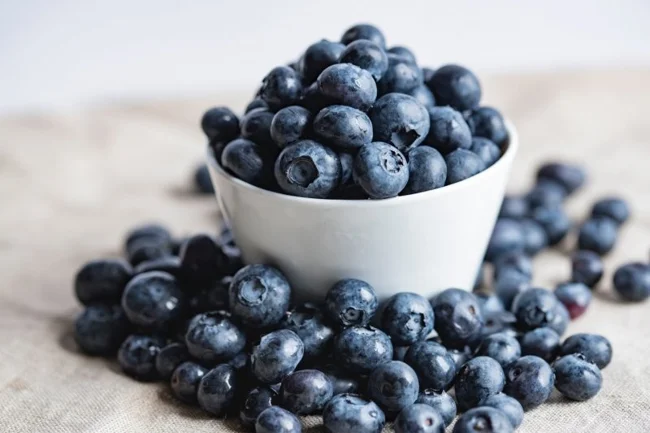
Among other fruits and vegetables, blueberries take first place in terms of their antioxidant properties. It reduces inflammation and slows down the aging process. It is not surprising that it is often included in anti-aging cosmetics. In addition to antioxidants, blueberries contain a lot of potassium, magnesium, vitamins K and C. Anthocyanins give the berry its beautiful blue-violet color. These substances improve memory, enhance learning ability and help prevent heart attacks. At the same time, wild blueberries are not only more aromatic and sweeter, but also richer in composition. For those who play sports, the berry is doubly useful. It stabilizes heart function and accelerates muscle recovery after physical activity. But the ability of blueberries to improve night vision is just a myth.
Broccoli 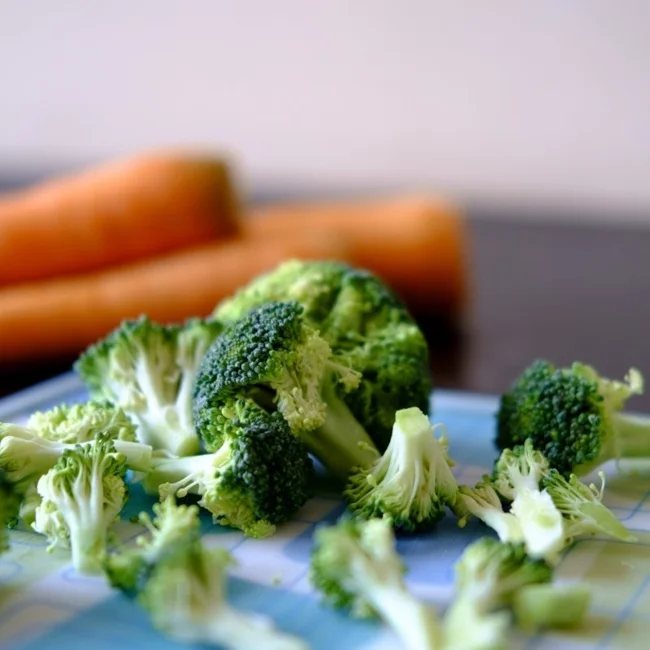
Broccoli contains the powerful antioxidant beta-carotene, lots of ascorbic acid and vitamin K, which is essential for bones. It is also rich in calcium, iron, potassium and phosphorus. All this makes broccoli one of the most balanced foods. This nutritious vegetable reduces inflammation and maintains eye health. And the high fiber content helps normalize digestion. When purchasing broccoli, try to choose firm, bright green florets. To preserve all the benefits of vegetables, try steaming or baking them in the oven. The broccoli should still be crispy after cooking.
Tomatoes 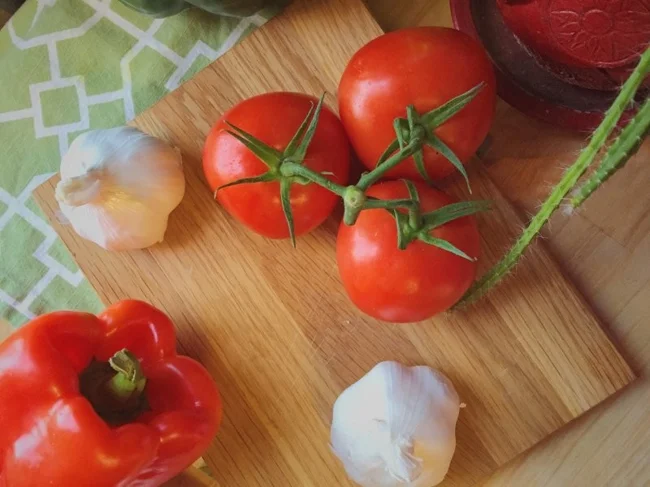
Tomatoes are rich in nutrients. Among them are fiber, pectin, carotene, vitamins C and E, all B vitamins, folic acid. Thanks to this, they help maintain immunity and quickly restore strength, strengthen memory, and improve the condition of skin and hair. And the anti-cancer properties of tomatoes have been confirmed by many scientific studies. The appearance of cancer cells is prevented by the natural antioxidant lycopene. It also gives the fruits their characteristic red color. Interestingly, under the influence of temperature, the concentration of lycopene does not decrease, but almost doubles. At the same time, tomatoes are a rather aggressive product. They can cause inflammation and allergies. Doctors advise avoiding tomatoes if you have cholelithiasis, acute gastritis, hypertension and joint problems.
Avocado 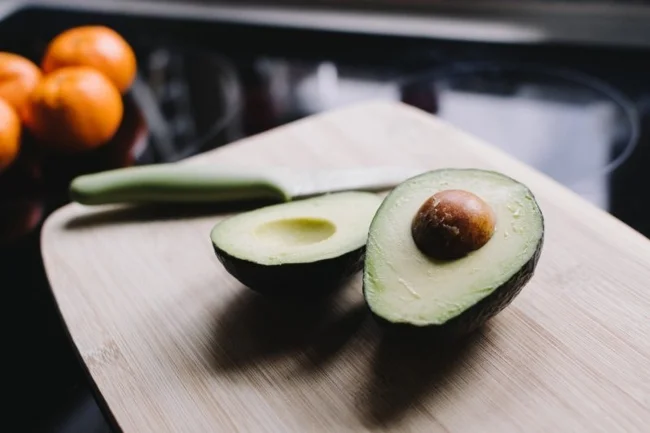
In some countries, avocados are considered a vegetable, in others they are considered a nut. It's all about its composition. Unlike other fruits, avocados are not rich in carbohydrates, but in proteins and healthy monounsaturated fats. The latter help control appetite, remove bad cholesterol and reduce the risk of heart disease. By the way, in terms of the amount of potassium, the “alligator pear” is even ahead of bananas. This microelement restores water-salt metabolism in the body and increases stress resistance.
0 comments
